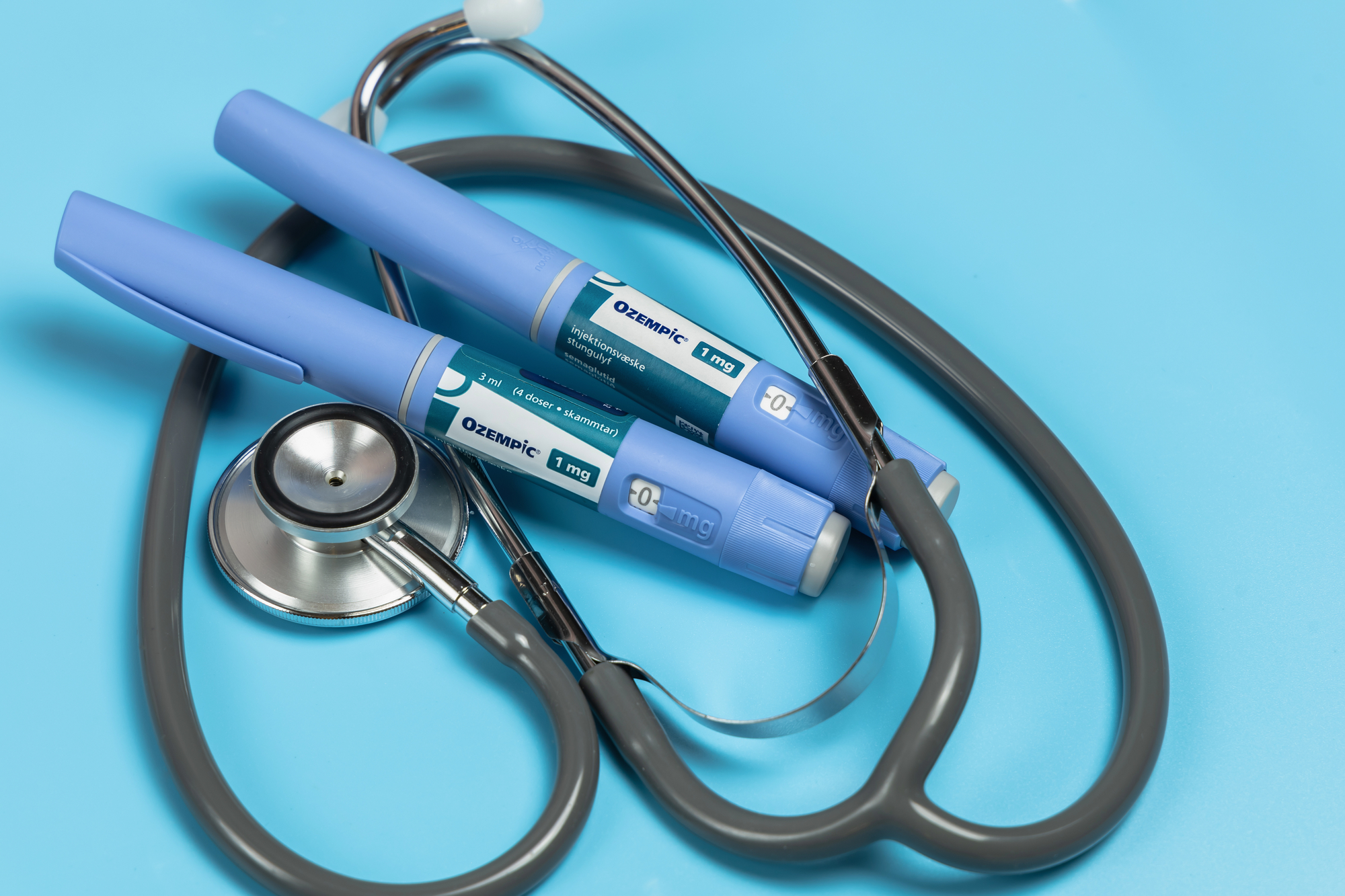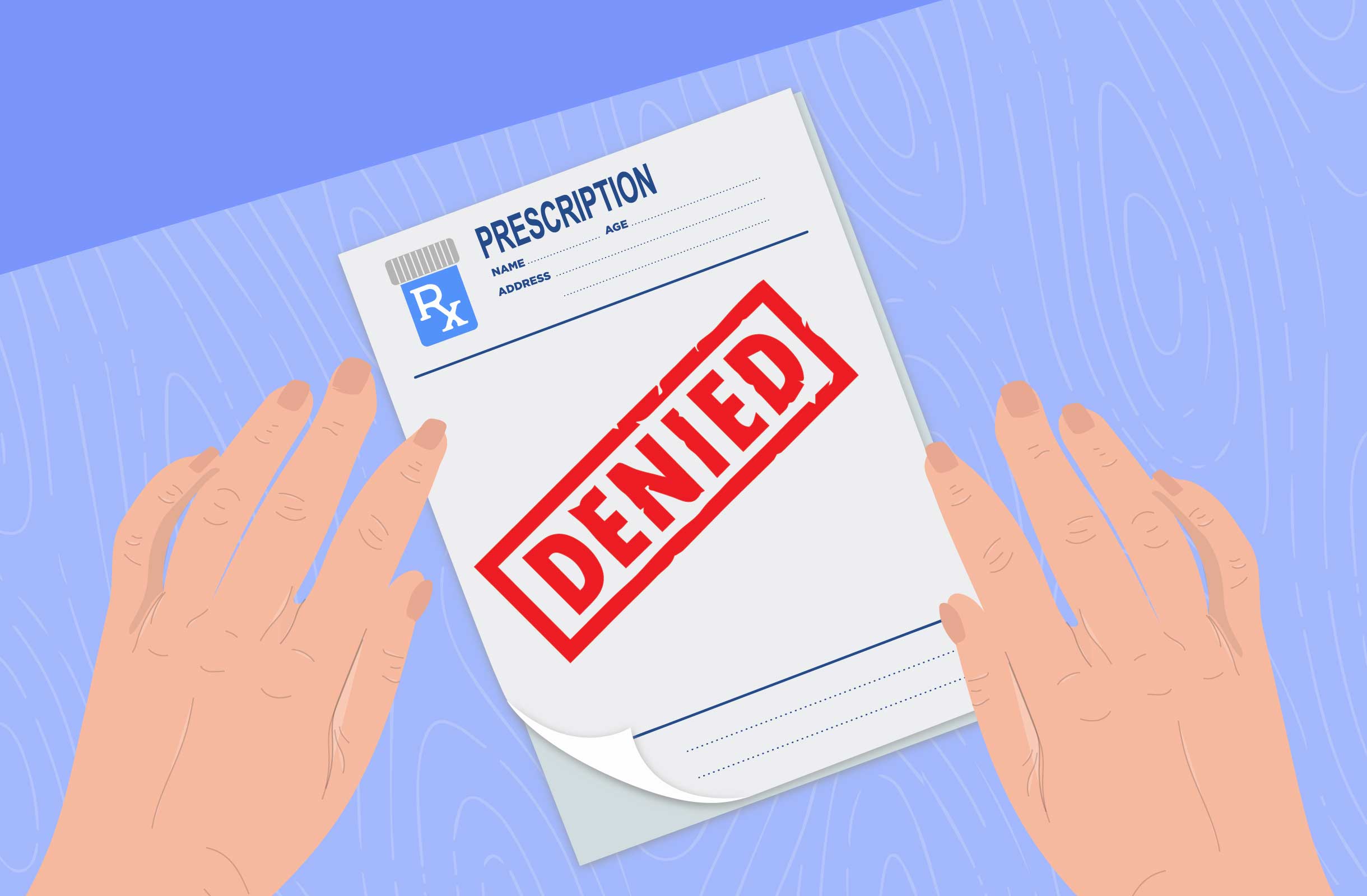Category: Advocacy
-

Congress Considers Expanding Medicare Coverage for Prescription Weight Loss Medications
By: Jessie Bekker, Burr & Forman LLP Some Congressional leaders voted to expand Medicare coverage for prescription medications to treat obesity. The House of Representatives Ways and Means Committee voted in late June to pass the Treat and Reduce Obesity Act of 2023. If passed, the bill would approve Medicare Part D coverage for glucagon-like…
-

Discussions with Decision Makers: Rep. AJ McCampbell
What first prompted you to consider running for office? I was a investigator with the D.A. office and a legislator was trying to move a high school to an area that was going to benefit a big business person that did nothing but bring the school down because the land was only suitable for industrial development.…
-

Medical Association Unveils ‘Your Care is at Our Core,’ Emphasizing Personal Connection in Health Care
83% of Alabamians Agree: Doctor-Patient Relationship is ‘Central’ to Health A strong bond between doctors and patients leads to better health care, say Alabama doctors. A new awareness campaign launched by the Medical Association of the State of Alabama called “Your Care is at Our Core” reinforces this important message. A doctor-patient relationship based on…
-
2024 Advocacy Agenda
As the professional association for some 7,000 physicians of all specialties in Alabama, the Medical Association of the State of Alabama exists to serve, lead, and unite physicians in promoting the highest quality of healthcare for the people of Alabama through advocacy, information, and education. General Policies Supported The Medical Association supports the physician-led health…
-

Association Kicks Off 11 Regional Receptions Tour Across Alabama
This Fall, the Medical Association’s Governmental Relations team kicked off its Regional Receptions Tour across the state to bring lawmakers and physicians together to help discuss issues affecting medicine in Alabama. Partnering with 9 medical specialty societies to put on these events, the Association is working to host 11 receptions reaching from Mobile to the…




